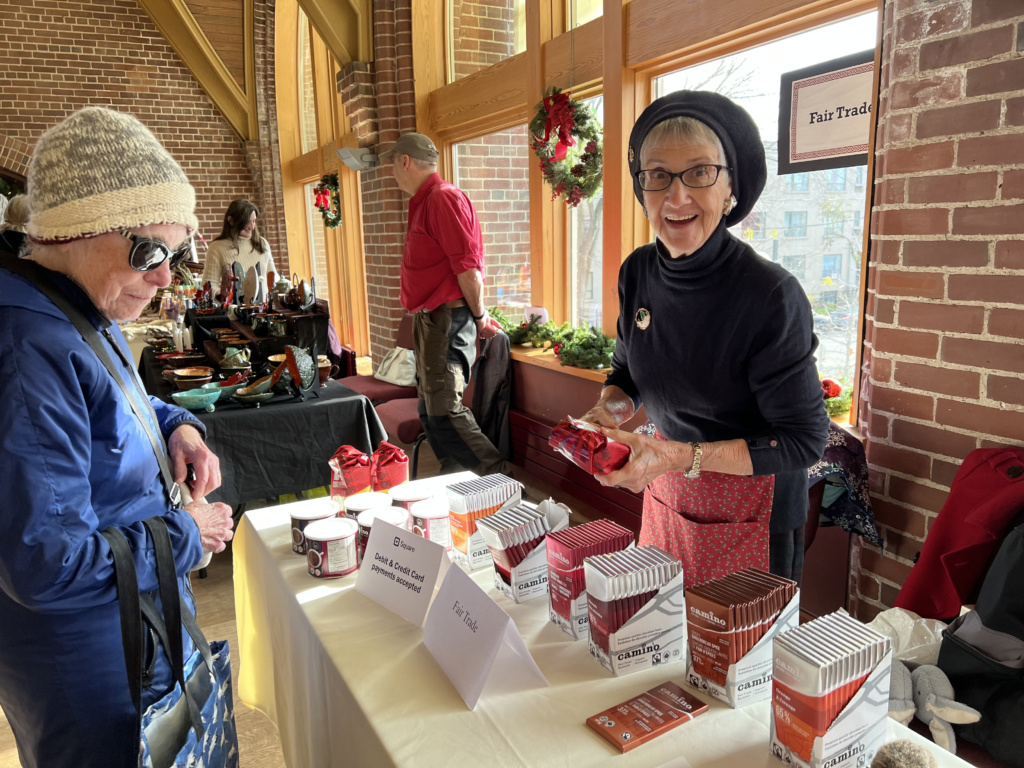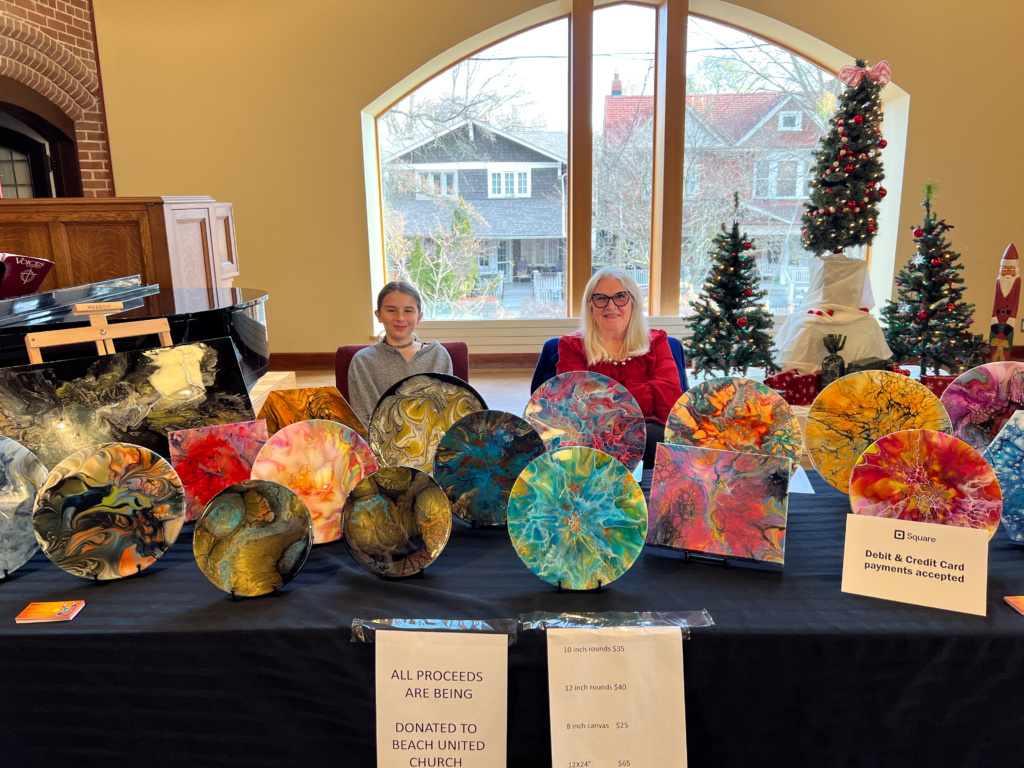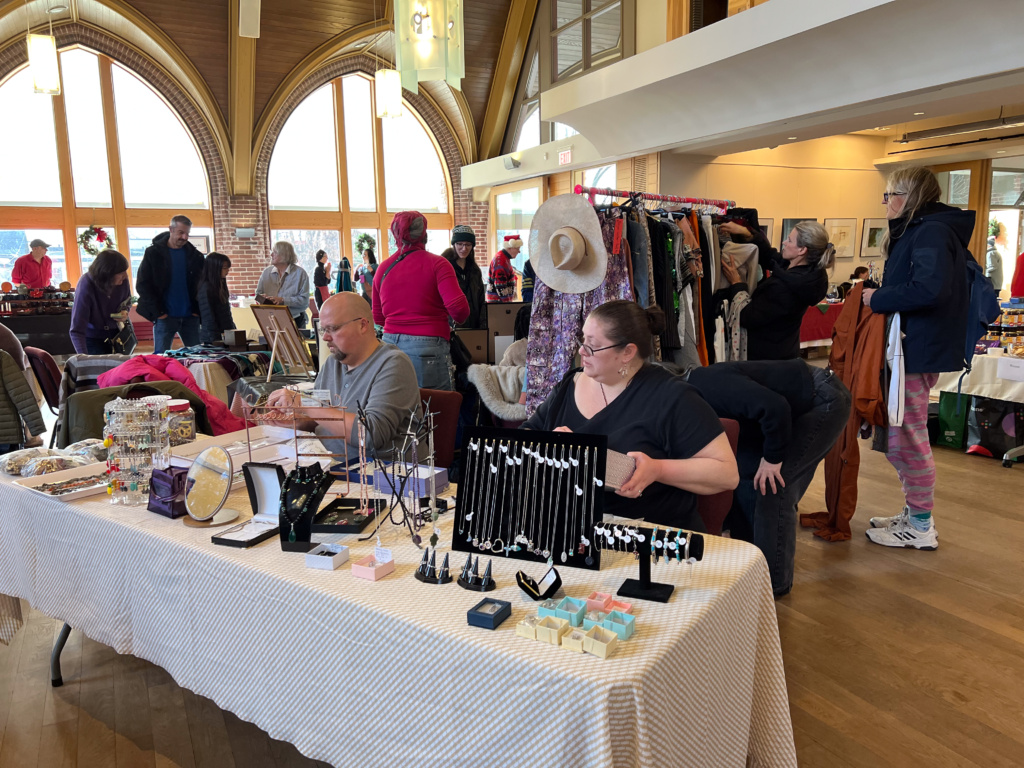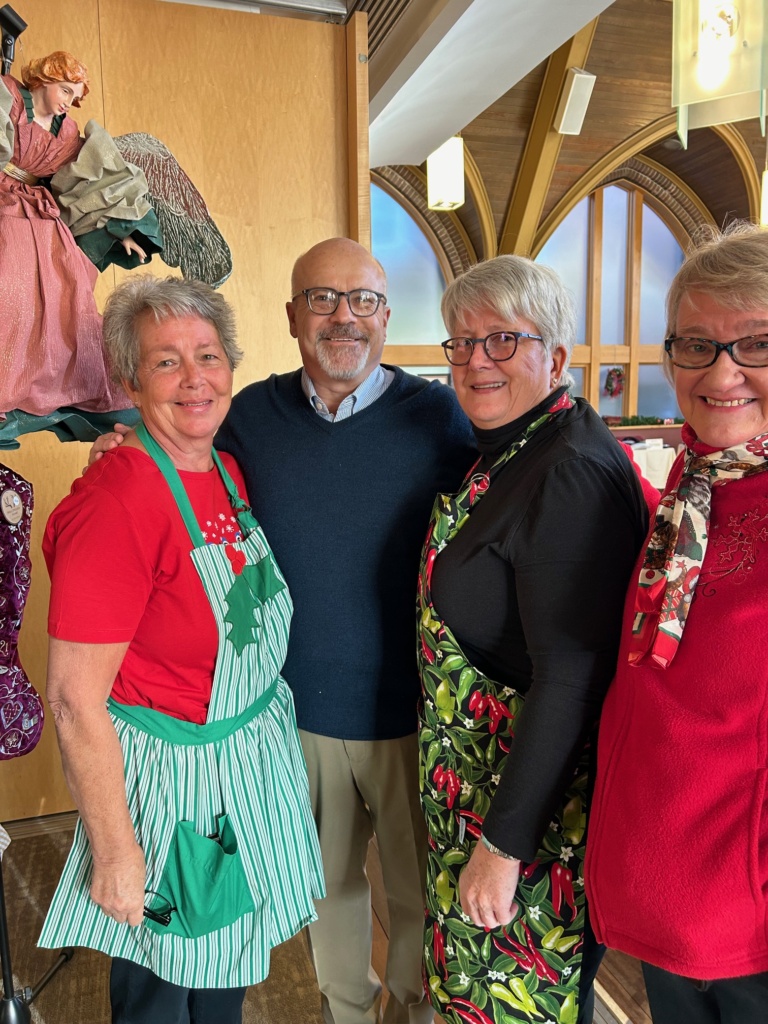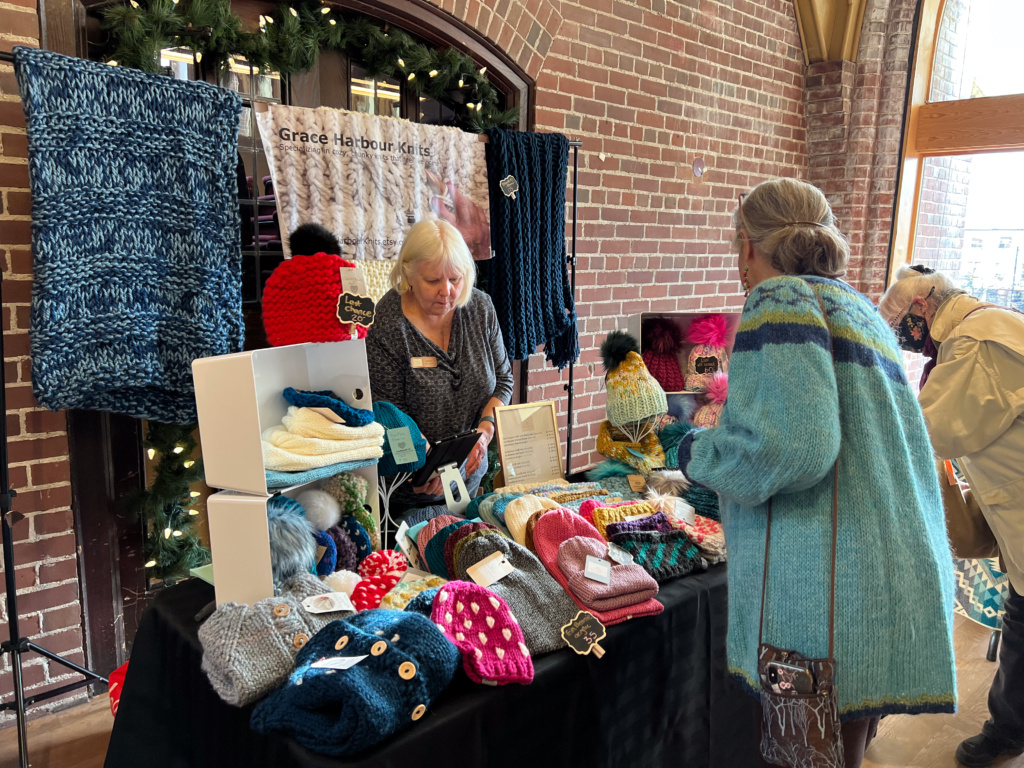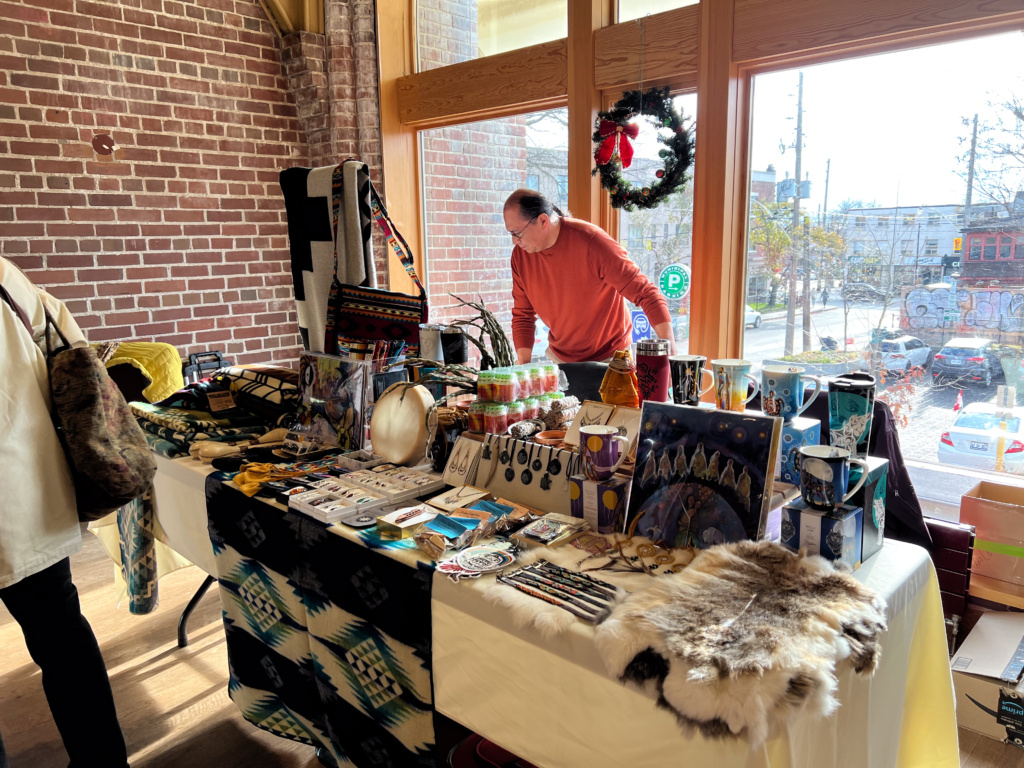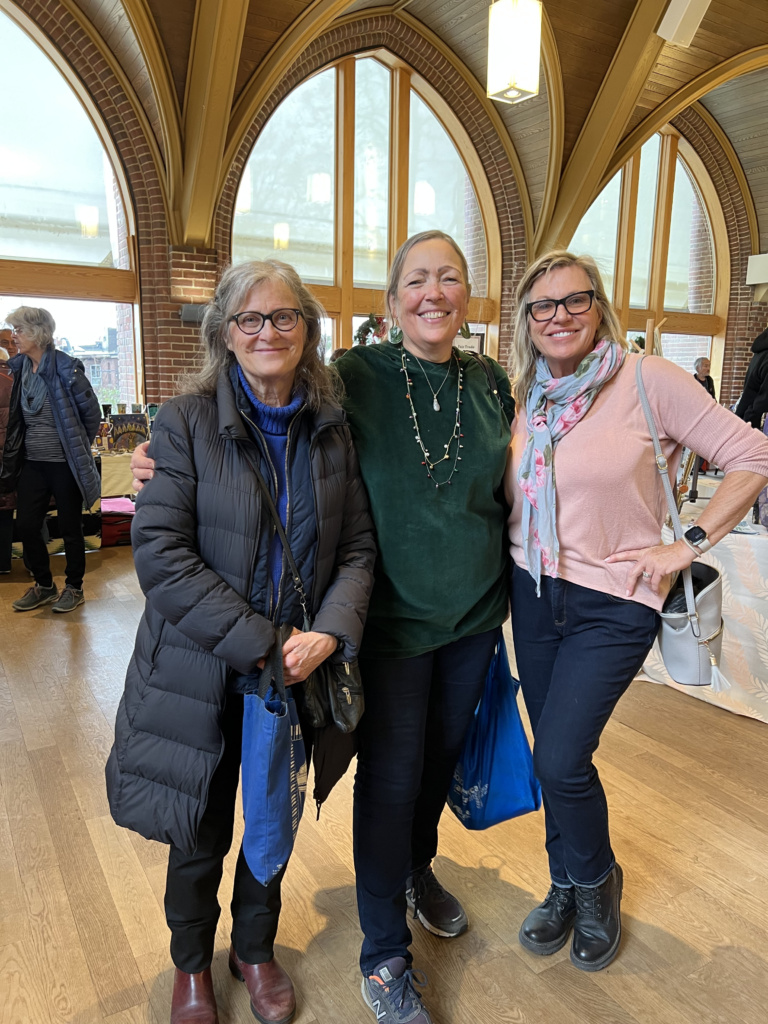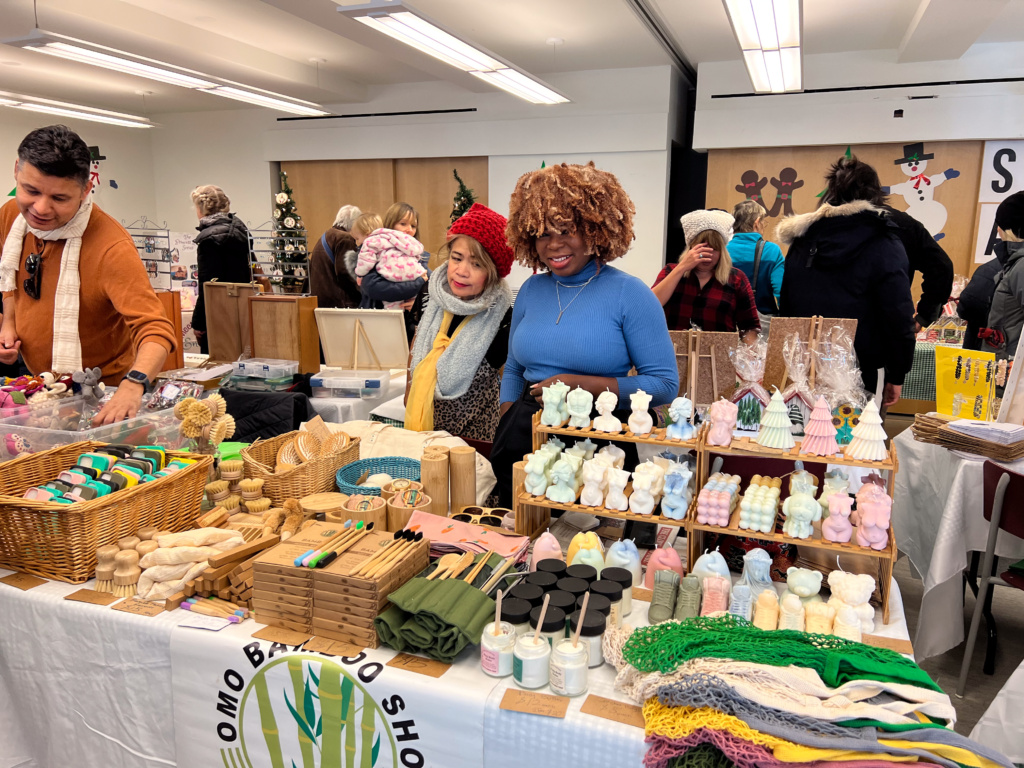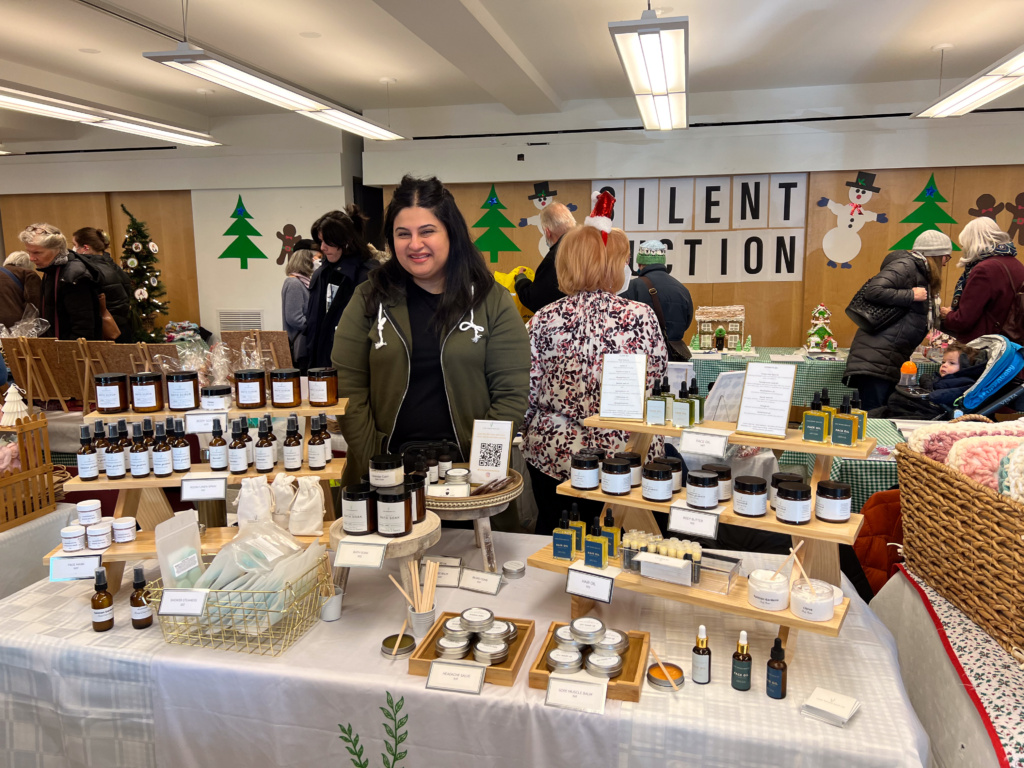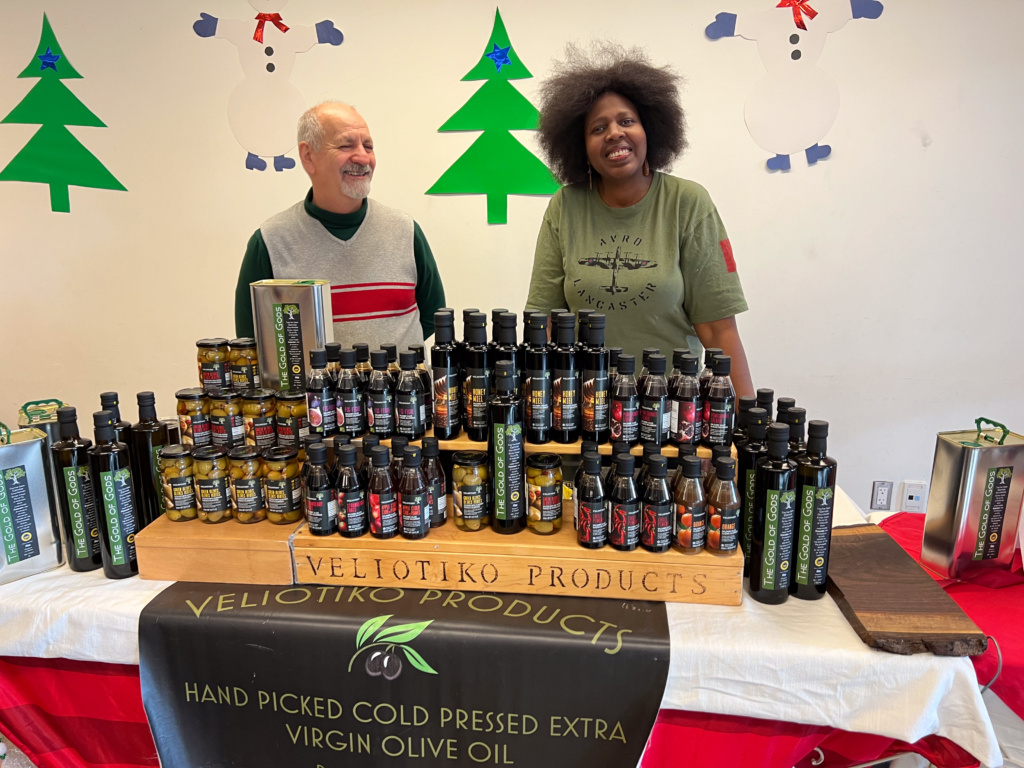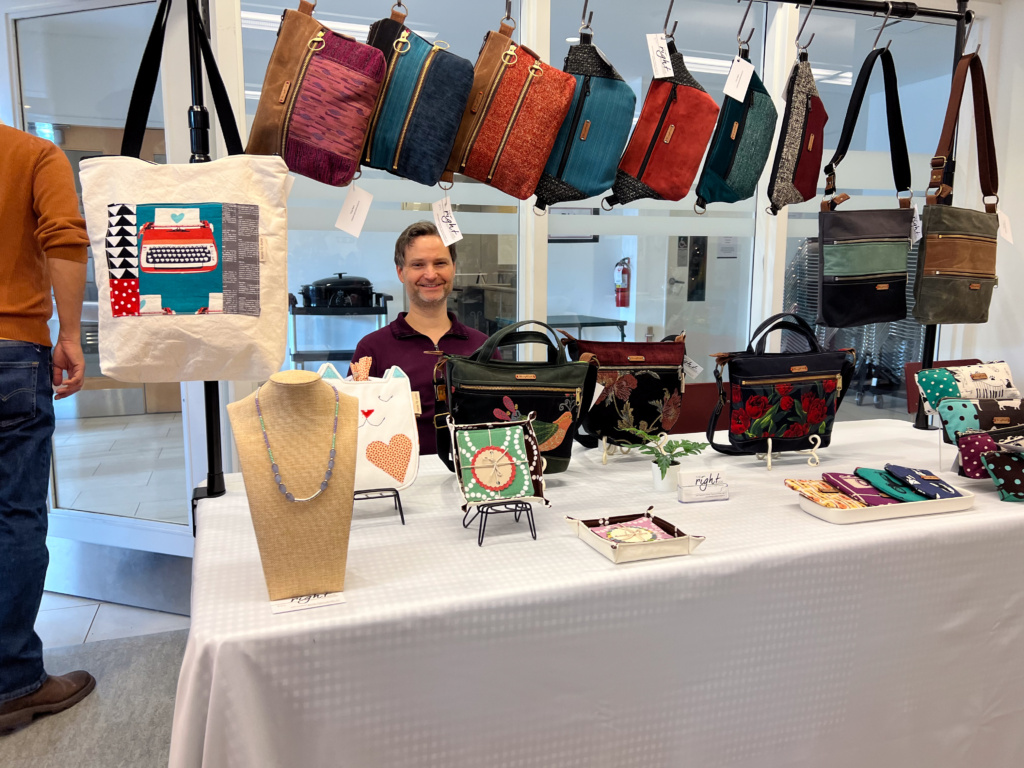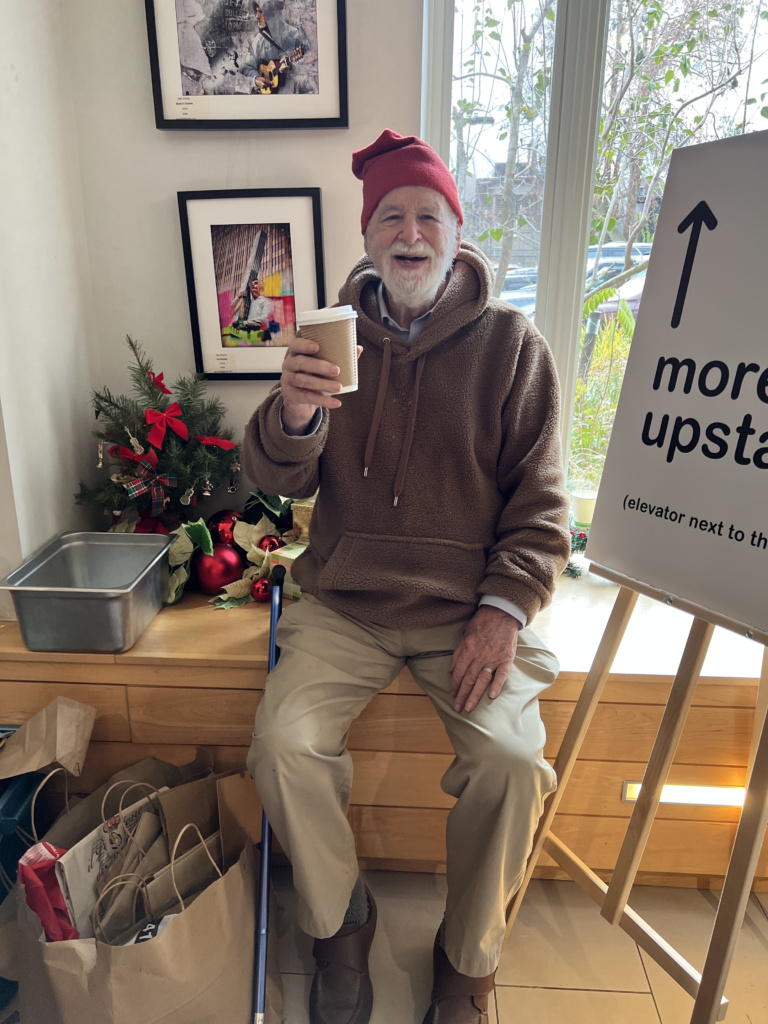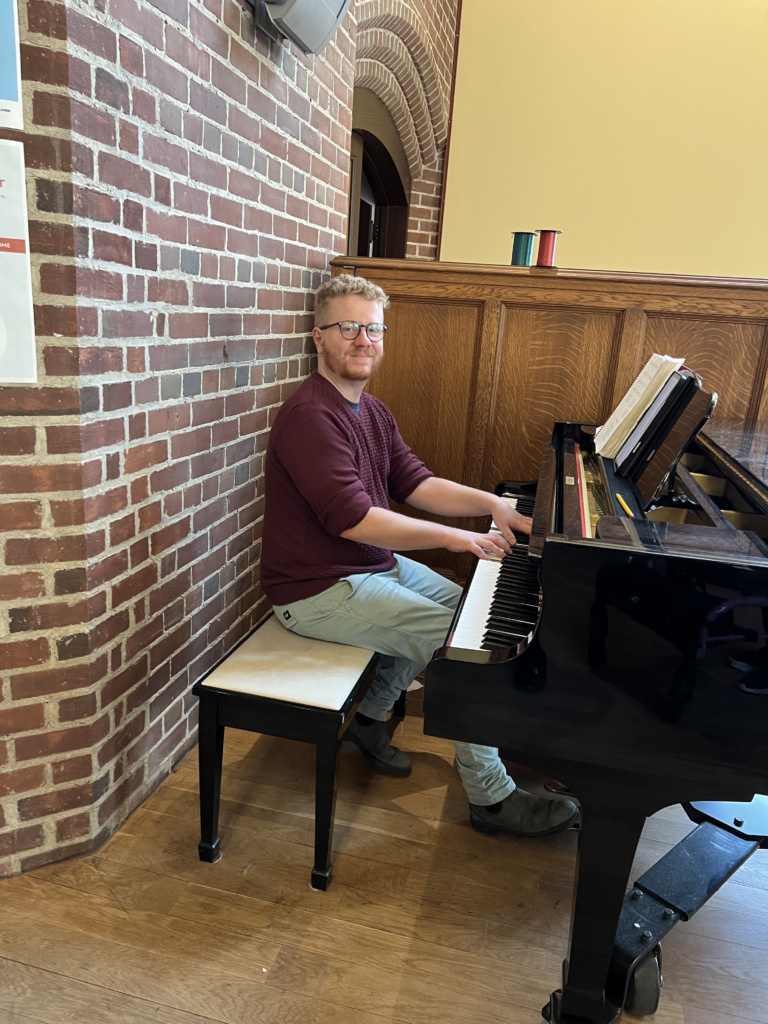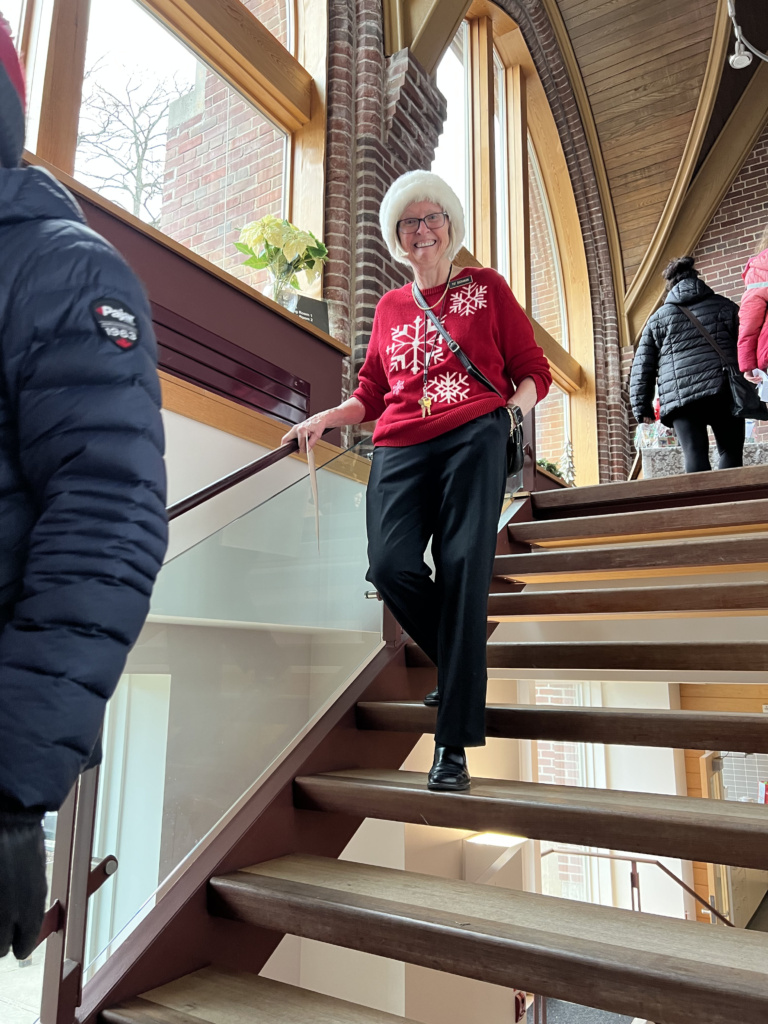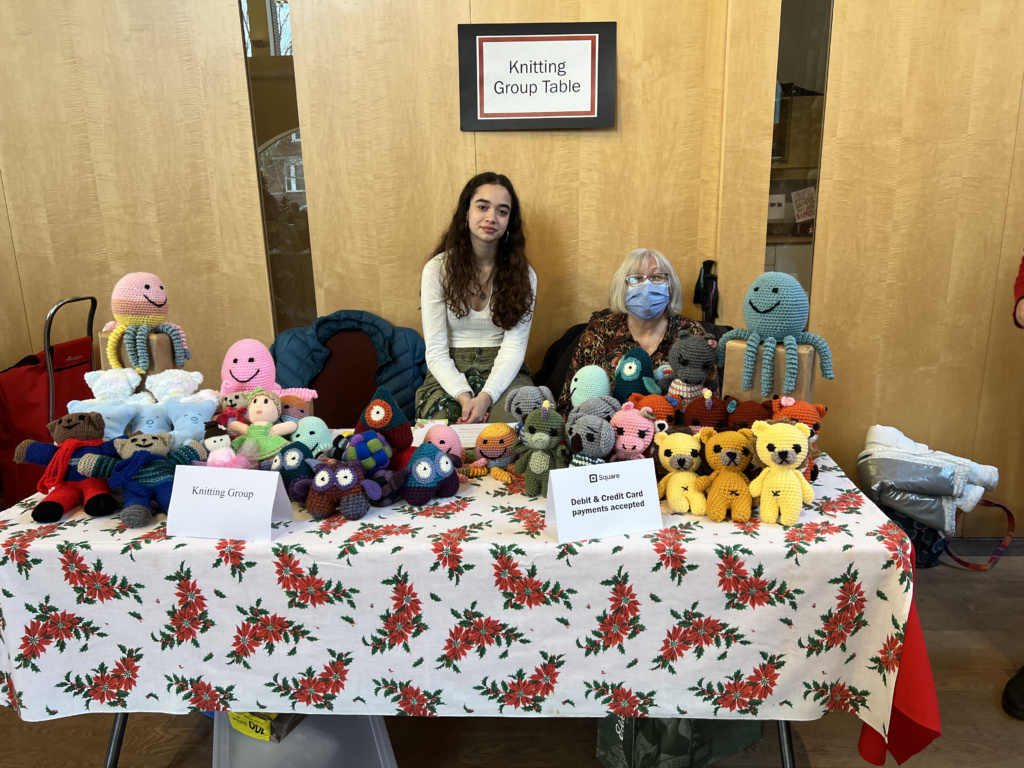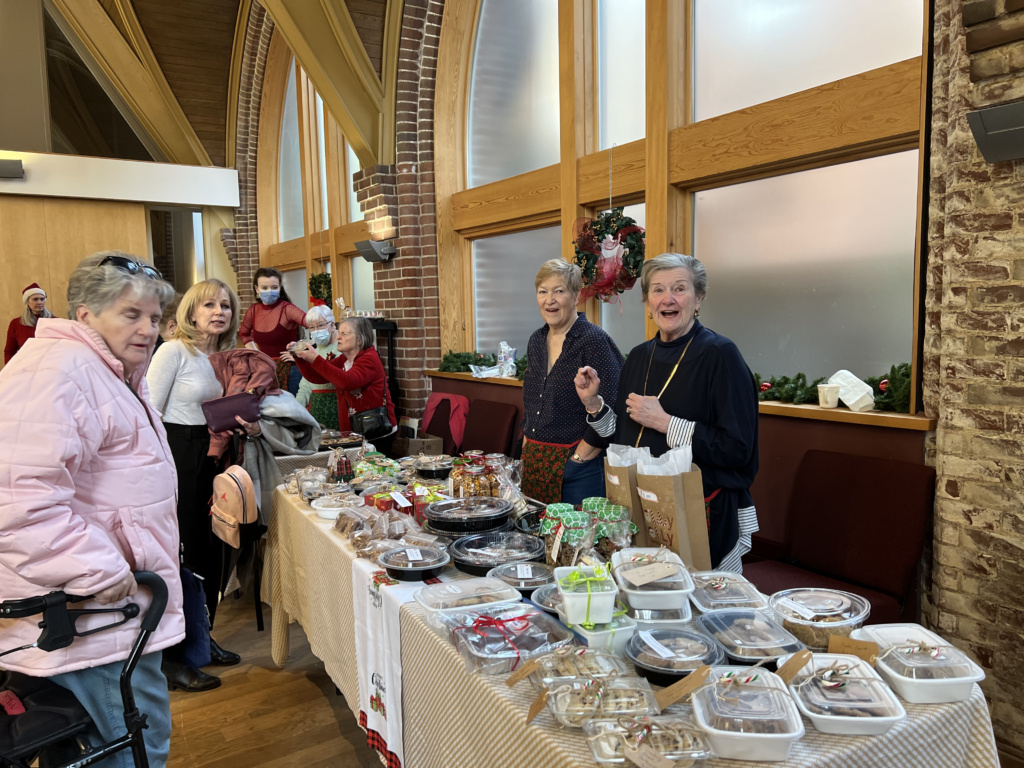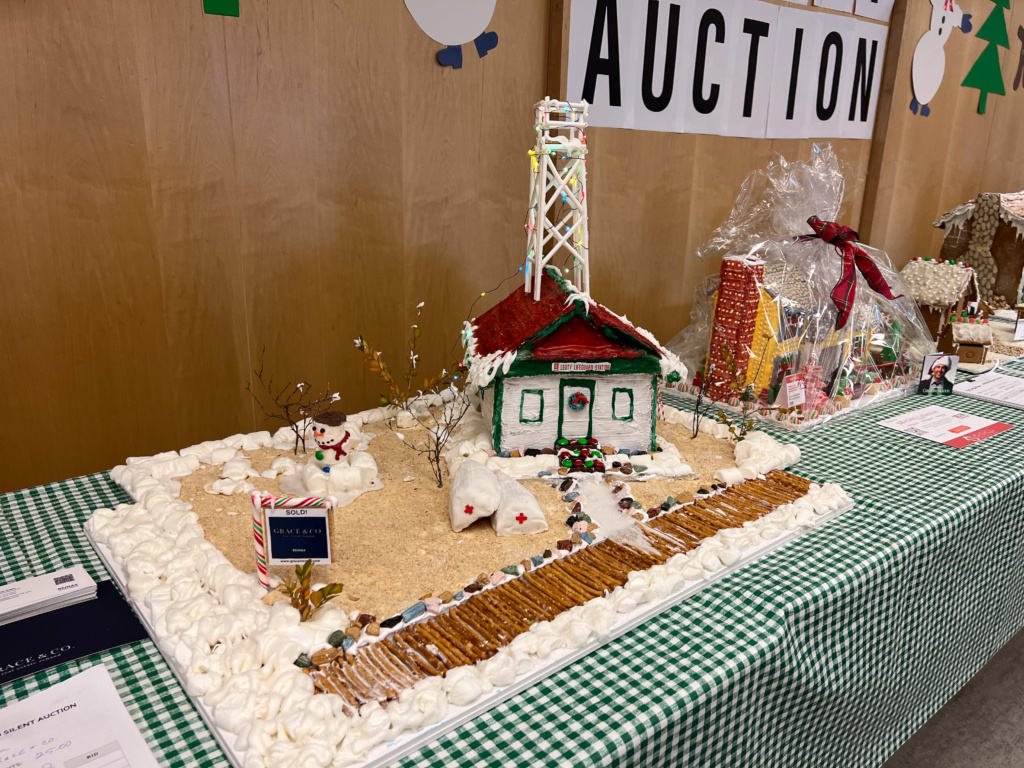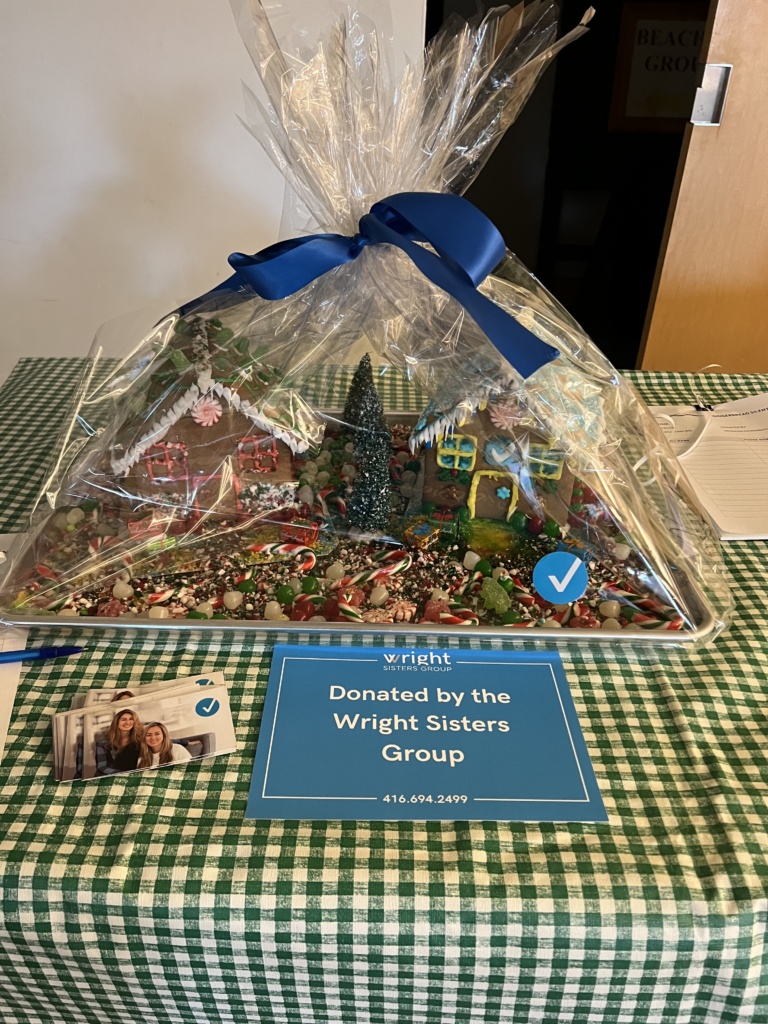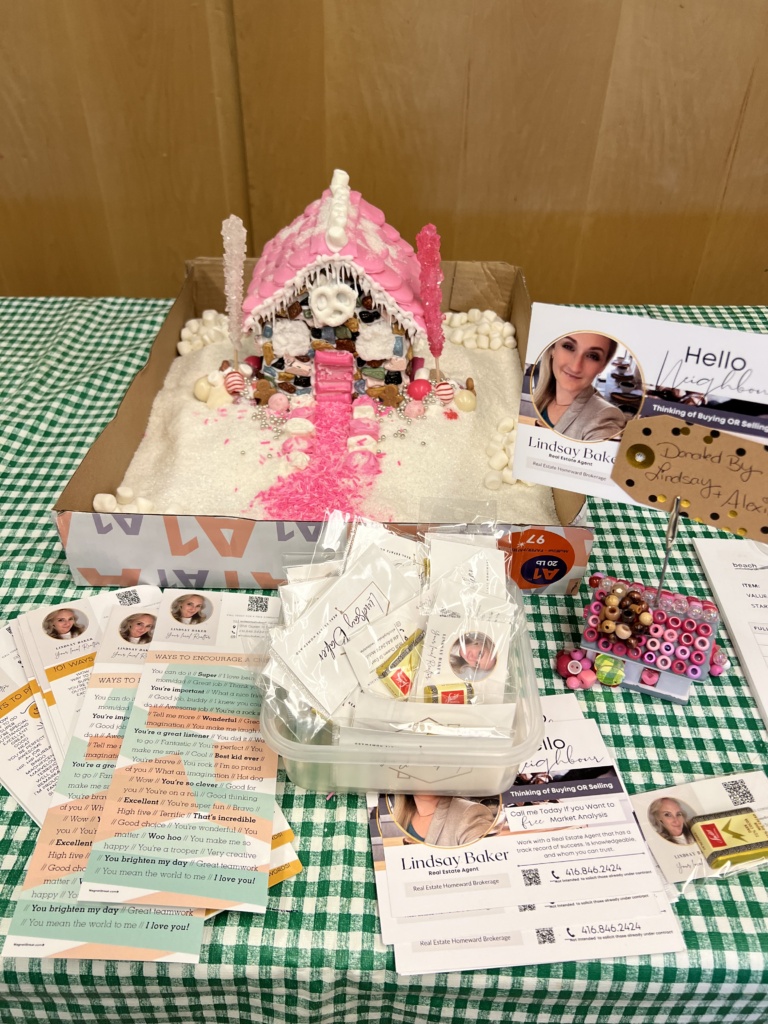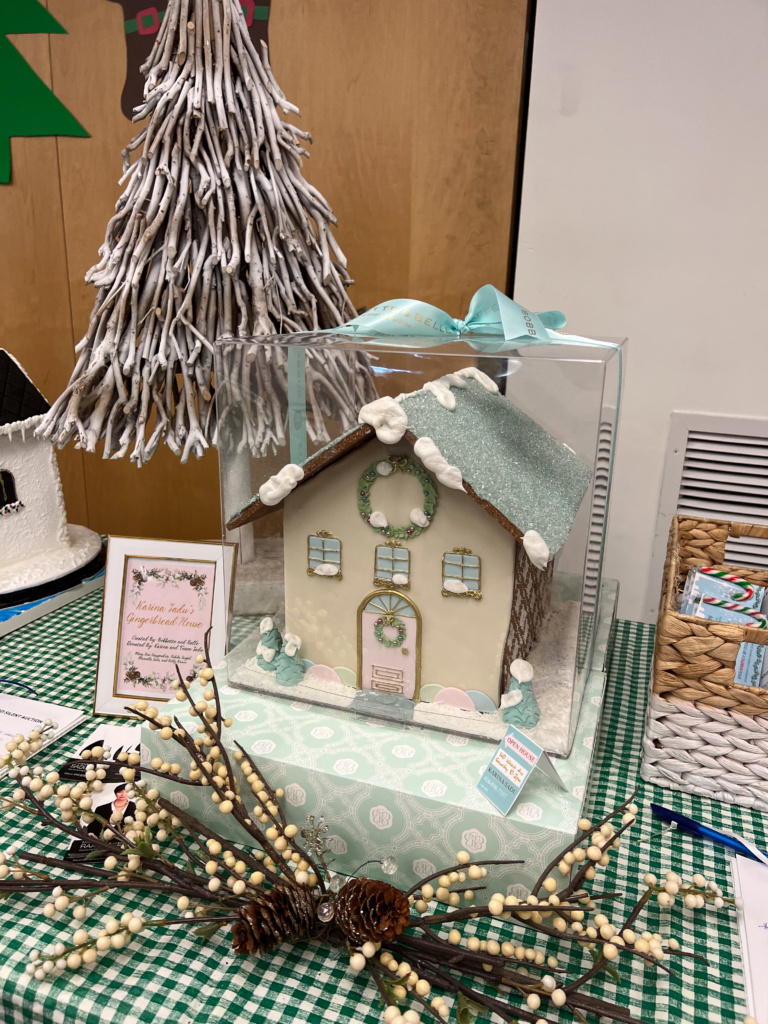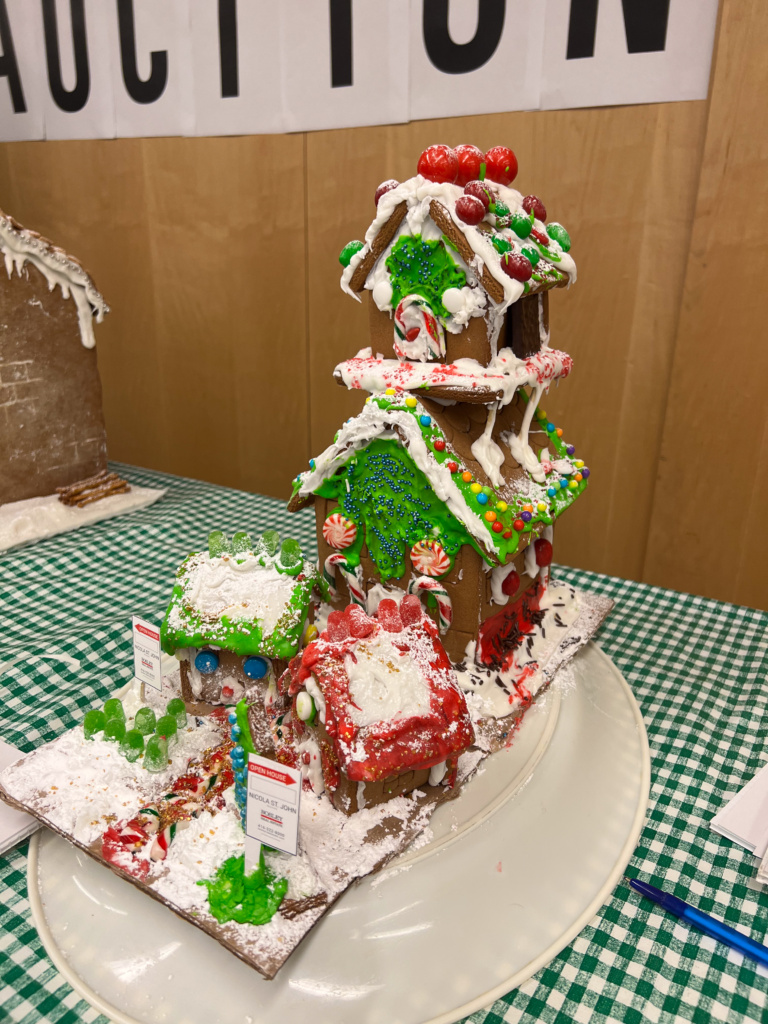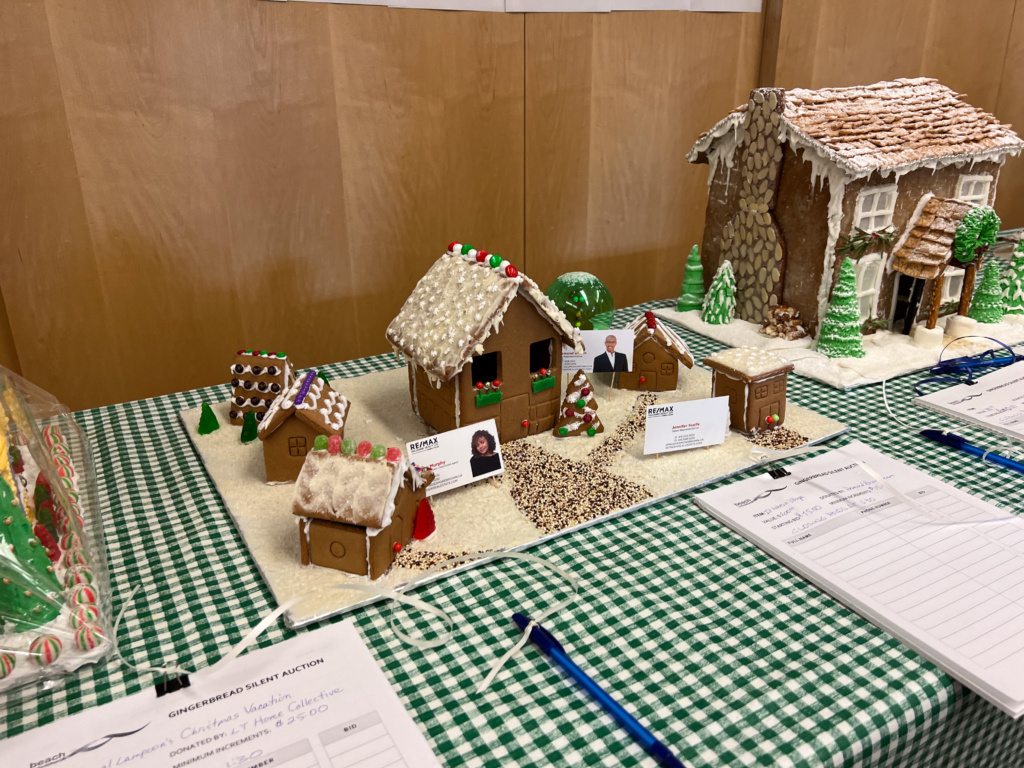Join us on Saturday, December 16th at 4:30pm for a special Advent and Christmas-themed organ concert, featuring a diverse selection of organ favourites to get you in the holiday mood. Tickets are pay-what-you-can, and proceeds go towards Beach United’s year-round community programs.
RSVP here for our Christmas Organ Concert with Manuel Piazza.
–
About Manuel Piazza
Manuel Piazza is the Assistant Director of Music at St. Thomas’s Anglican Church, where he accompanies the High Mass and Evensong choirs and leads the parish’s new children’s choral program, The St. Thomas’s Choristers. Manuel completed his undergraduate studies in Organ Performance at the University of Toronto, studying repertoire with John Tuttle and conducting with Ivars Taurins.
As an undergraduate in Toronto, he served as choir director and organist at Our Lady of Sorrows Roman Catholic Church, organ scholar at Trinity College (University of Toronto), organ scholar at St. James’ Anglican Cathedral, and one of the five organists of St. Michael’s Cathedral Basilica.
He was also an organist for the Yale Schola Cantorum, conducted by David Hill. After graduation, he was Interim Assistant Director of Music at Trinity Church in the City of Boston, working with Colin Lynch. Manuel’s playing has been praised for its “seamless registration changes … imaginative stop selections, smoothly shifting tone colours … abundant energy, (and) rhythmic control” in Organ Canada. Other awards include the Godfrey Hewitt Memorial Scholarship (RCCO), the Mary Baker Scholarship in Organ Accompanying (Yale Institute of Sacred Music), the Julia R. Sherman Memorial Prize for excellence in organ playing (Yale School of Music), the Aidan Kavanagh Prize for Academic Achievement (Yale Institute of Sacred Music), and the Ernest MacMillan Memorial Foundation Prize.
